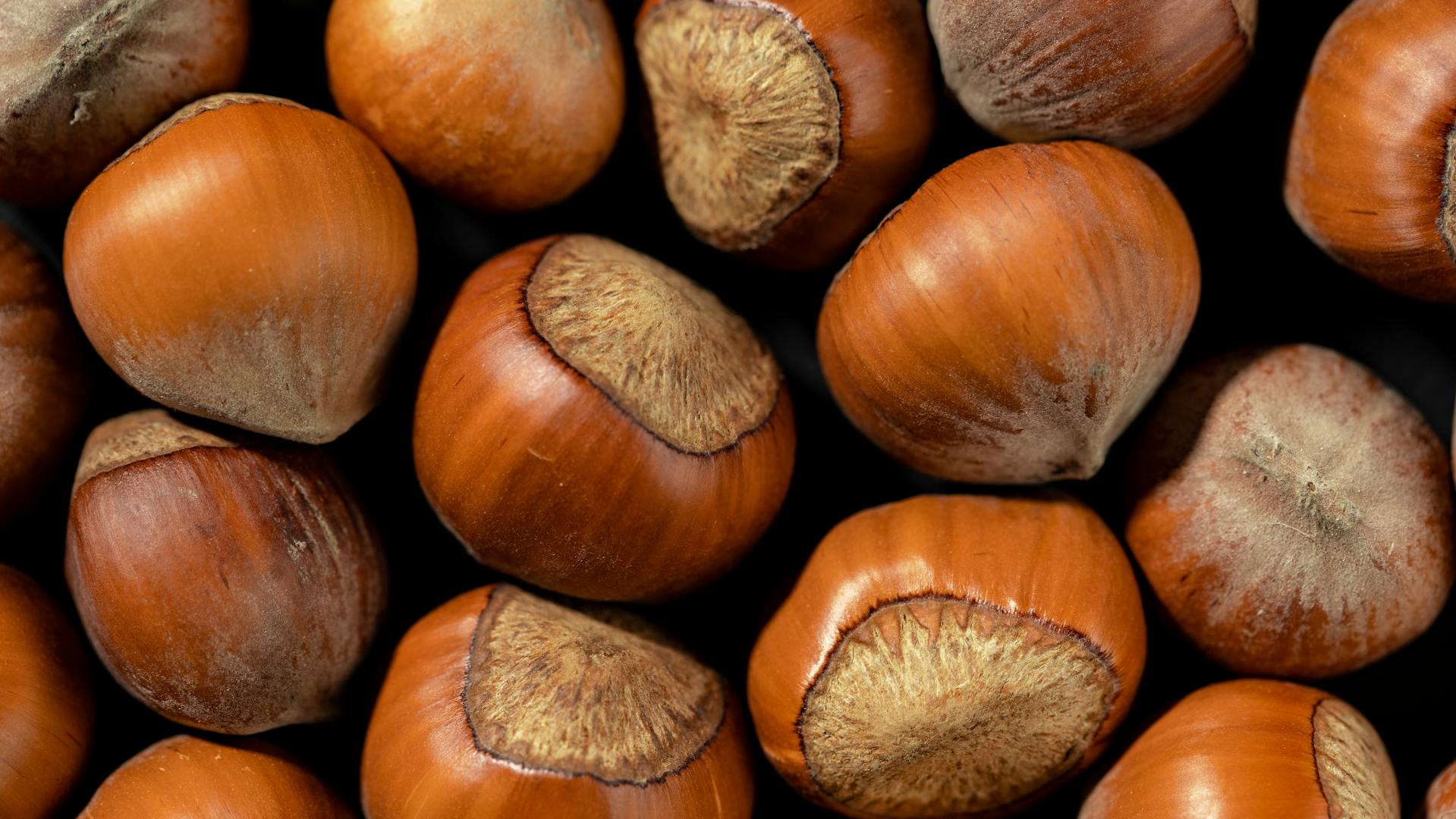Chronic urticaria can significantly disrupt daily life, leading to discomfort and frustration. Recent research suggests that adopting an alkaline diet may help reduce inflammation in these patients. This exploration focuses on specific alkaline foods and their potential to alleviate symptoms. By understanding the links between diet and inflammation, individuals can make informed dietary choices that may improve their quality of life. Discover how simple changes can empower those affected by chronic urticaria on their healing journey.
Understanding Chronic Urticaria and Inflammation
Chronic urticaria, often referred to as chronic hives, is a condition characterized by the recurrent appearance of itchy, red welts on the skin. These welts can persist for more than six weeks and may recur over months or years. Symptoms include swelling, itching, and sometimes pain, significantly impacting the quality of life.
Also to see : Understanding anxiety statistics: key insights you need to know
The role of inflammation in chronic urticaria is pivotal. Inflammation occurs when the body’s immune system reacts to perceived threats, releasing histamines and other chemicals. This response leads to the dilation of blood vessels and fluid leakage into the skin, causing the welts and swelling associated with urticaria.
A critical link exists between the immune response and inflammation in chronic urticaria. The immune system, in its effort to protect the body, can mistakenly target harmless substances, triggering an inflammatory response. This misdirected immune activity is a hallmark of chronic urticaria, where the body’s defense mechanisms inadvertently cause the symptoms.
Also to see : Unlocking the Potential of Nutrigenomics: Customizing Diets for Individuals with Metabolic Syndrome
Understanding the interplay between chronic urticaria, inflammation, and the immune response is essential for developing effective treatments. By targeting the underlying inflammatory processes, therapies can help alleviate symptoms and improve patient outcomes.
The Alkaline Diet Explained
The alkaline diet is based on the principle that consuming certain foods can affect the pH balance of the body. It categorizes foods as either acid-forming or alkaline-forming, with the goal of promoting an alkaline environment in the body. This diet emphasizes the consumption of alkaline foods, which are believed to help maintain optimal health by reducing acidity.
Common Alkaline Foods
Alkaline foods typically include fruits, vegetables, nuts, and legumes. They are rich in vitamins, minerals, and antioxidants. For example, spinach and kale are not only alkaline but also high in iron and calcium. Avocados and almonds provide healthy fats and protein. These foods are said to support the body’s ability to maintain a balanced pH level.
Health Benefits
Advocates of the alkaline diet claim several health benefits, including improved energy levels, better digestion, and reduced inflammation. While scientific evidence is limited, some studies suggest that a diet high in fruits and vegetables can contribute to overall health. By focusing on nutrient-dense alkaline foods, individuals may experience positive changes in their well-being.
Alkaline Foods and Inflammation Reduction
The connection between alkaline foods and inflammation reduction is a topic of growing interest. Alkaline foods, such as fruits and vegetables, are believed to possess anti-inflammatory properties that can benefit overall health. These properties may help mitigate chronic inflammation, a common underlying factor in various health conditions.
Mechanisms of Action
Alkaline foods may influence inflammation pathways by altering the body’s pH balance, potentially reducing acidity. This change is thought to support the body’s natural healing processes. Additionally, alkaline foods are rich in antioxidants, which play a crucial role in neutralizing free radicals. These antioxidants, found abundantly in fruits and vegetables, help protect cells from damage and reduce inflammation.
Relevant Research Studies
Several studies have explored the relationship between alkaline diets and inflammation reduction. Key research has shown that individuals following an alkaline diet, rich in fruits and vegetables, may experience decreased markers of inflammation. Clinical trials with patients suffering from chronic conditions like arthritis have suggested that an alkaline diet may alleviate symptoms by reducing inflammation. These findings highlight the potential benefits of incorporating alkaline foods into one’s diet to support health and well-being.
Dietary Recommendations for Chronic Urticaria Patients
For individuals dealing with chronic urticaria, incorporating alkaline food choices into their diet can be beneficial. These foods may help manage inflammation and improve overall health.
Suggested Alkaline Foods
Including a variety of alkaline foods is recommended. Options such as leafy greens, like spinach and kale, are excellent choices. They provide essential nutrients while promoting an alkaline environment in the body. Fruits like bananas and melons are also beneficial, offering vitamins and antioxidants that support the immune system.
Foods to Avoid
Patients should be cautious of certain foods that might exacerbate inflammation. Acidic foods, such as processed meats, sugary snacks, and carbonated beverages, can increase acidity in the body, potentially worsening symptoms. Limiting these can help maintain a balanced pH.
Practical Tips for Transitioning
Transitioning to an alkaline diet can be straightforward with a few practical tips:
- Gradually increase the intake of fruits and vegetables.
- Experiment with new recipes that incorporate a variety of alkaline foods.
- Stay hydrated with water and herbal teas instead of sugary drinks.
By making these dietary adjustments, chronic urticaria patients can take proactive steps towards managing their condition.
Patient Experiences and Expert Insights
Understanding the dietary impact on chronic urticaria involves listening to both patient testimonials and expert opinions. Many patients have shared their experiences of managing symptoms through dietary changes. For instance, Sarah, a long-term sufferer, noticed significant improvements after incorporating more alkaline foods like leafy greens and fruits into her meals. Her story highlights how personal dietary adjustments can play a crucial role in symptom management.
Expert opinions from nutritionists and healthcare providers further support these experiences. Dr. Emily Roberts, a renowned nutritionist, emphasizes the importance of an alkaline-rich diet in reducing inflammation. She notes that patients who adopt this dietary approach often report fewer flare-ups and improved overall well-being.
Case studies also illustrate the positive outcomes of dietary modifications. One study followed a group of chronic urticaria patients who transitioned to an alkaline diet. Results showed a marked reduction in symptoms and an enhanced quality of life. These findings underscore the potential benefits of aligning dietary choices with health needs. By integrating personal experiences and expert insights, individuals can make informed decisions to better manage their condition.
















